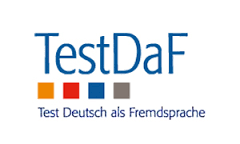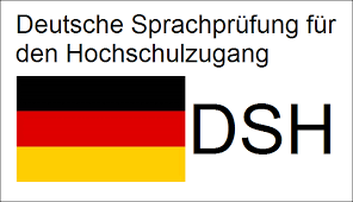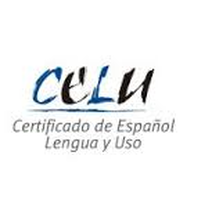A Basic Speaker
- A1 Breakthrough or beginner
- A2 Waystage or elementary
- B1 Threshold or intermediate
- B2 Vantage or upper intermediate
- C1 Effective Operational Proficiency or advanced
- C2 Mastery or proficiency
In Germany there are certain language requirements that you must have prior to acceptance. They measure this level through a standardised test called the Deutsche Sprachprüfung für den Hochschulzugang (DSH). This test includes listening and reading comprehension, writing, an oral exam and comprehension and use of science and language related to study. The examination result is expressed in three levels, DSH 1, DSH 2 and DSH 3 which equals approximately the CEFR levels B2 C2. For most programmes, DSH 2 is required. It is very important to know that both the written and the oral part of the examination have to be passed with at least the level you would like to achieve. DSH 3 in the written and DSH 1 in the oral part results just in a total level of DSH 1 for example!
An alternative to the DHS is the TestDaF (Test Deutsch als Fremdsprache). This is more widely standardised and can be taken prior to arriving in Germany. It contains 4 parts which are speaking, academic writing and reading and listening comprehension. The spoken part is recorded and then assessed and related into levels, TDN3, TDN4 and TDN5 which are similar to the DSH levels. To let you know how that compares to universities' entrance levels, if you received at least a TDN4 in all the areas of speaking, academic writing and reading and listening comprehension, you would be qualified to study at all German universities.








